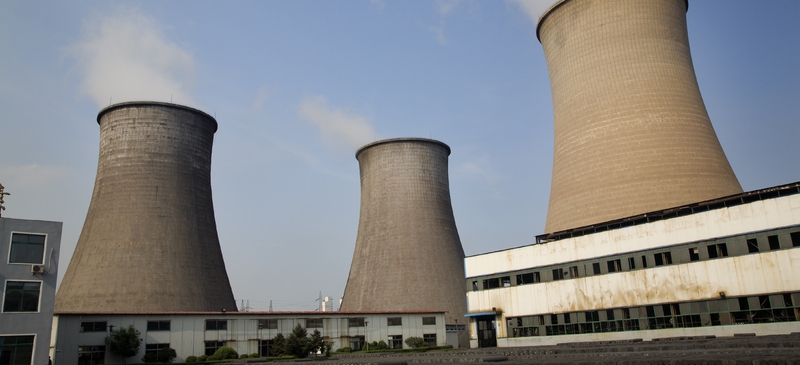
Don't be fooled: Bali was no breakthrough
by Simon Tilford
The United Nations Climate Change Conference in Bali produced as much as it was ever likely to do. There was no breakthrough, contrary to the claims of some that attended the conference. Nobody should read too much into reports that the US administration fears its negotiators gave too much away. This is just news management, an attempt to create the impression that the US moved further than it did. The US gave nothing away. The aim of the US negotiating team in Bali was to prevent any international agreement that might demand the US cut its emissions, despite the fact the country could do this at relatively moderate cost according to its own Environmental Protection Agency (EPA). This opposition stems partly from the personal intransigence of President Bush, but also reflects a deep-seated reluctance to allow the country’s freedom of action to be constrained by international agreements. It is another big blow to US soft power in the world.
Of course, on current trends the proposed target of a 25-40 percent cut in developed country emissions by 2020 is nonsense. There is no chance whatsoever of such targets being met unless EU governments get very serious, very quickly about curbing emissions. The construction of new coal-fired power stations would not be compatible with meeting such a target for example, so governments in Germany and the UK would have to scrap plans for a new generation of such plants. Germany would also have to overcome its squeamishness about nuclear power. Energy efficiency standards, for everything from cars to buildings would have to be ratcheted-up very aggressively. Crucially, the EU emissions trading scheme (ETS) would need very tight emissions caps. Only then will businesses be confident that the price of carbon will rise steadily, providing sufficiently strong incentives to invest in low-carbon technologies.
However, notwithstanding question marks over the realism of the 25-40 per cent target, the US position – that targets are meaningless without policies can be put in place at the outset to met those targets – is hugely cynical. It is impossible to agree policies to reduce emissions until governments know which targets their economies have to meet. Similarly, the US knows as well as everyone else that the commitments to curb emissions it wants to see from developing countries will only happen if the developed countries take the lead. It is simply not plausible for the US to turn to China and India and demand they commit to mandatory cuts before it does. Per capita US emissions are at least 4 times Chinese levels and more than 10 times Indian ones. Research from the EPA calculates that the US could cut emissions of greenhouse gases by 60 per cent by 2050 at a cost of just 3.2 per cent of GDP. To put that in perspective, US GDP will rise by nearly 200 per cent over this period (assuming annual real GDP growth of 2.5 per cent.) For the world’s only superpower to rule out such action almost looks like a calculated snub to the rest of the world and will prove a big blow to its moral authority.
However, it is still early days – the timetable for agreeing a replacement for Kyoto stretches into 2009, and hence beyond President Bush’s time in office. Whoever replaces him will have to be more open-minded about international action to challenge climate change, even if only for questions of political expediency. With only 18 months left in office Bush can afford to dismiss the damage being done to the US’s international standing and influence. The next president will not have such a luxury and, regardless of how seriously he/she takes the threat of climate change, will calculate that the costs of refusing to join the EU in its attempt to orchestrate international action to address climate change will outweigh the perceived costs of signing-up.
The EU can do much to ensure that the costs of US inaction are steep. The best way to put pressure on the next administration is for the EU to persevere and impose big unilateral cuts in its own emissions. This will not impair the competitiveness of the EU or cost it export markets. Indeed, the opposite is much more likely. The US is unwilling to take action, but neither does it want to see the EU building on its lead in energy efficient technologies. In an age of mounting energy scarcity, geo-political tension and ever more environmentally conscious consumers and businesses, aggressive emissions targets by the EU will be positive for Europe’s authority in the world and for its long-term economic prospects. The Chinese and Indians might not be ready to sign up to mandatory caps on their emissions, but they are only too aware of the need to make their development more environmentally sustainable. The EU is well placed to supply the technology. The more successful it is at doing this, the quicker the US will come to its senses.
Simon Tilford is chief economist at the Centre for European Reform.
